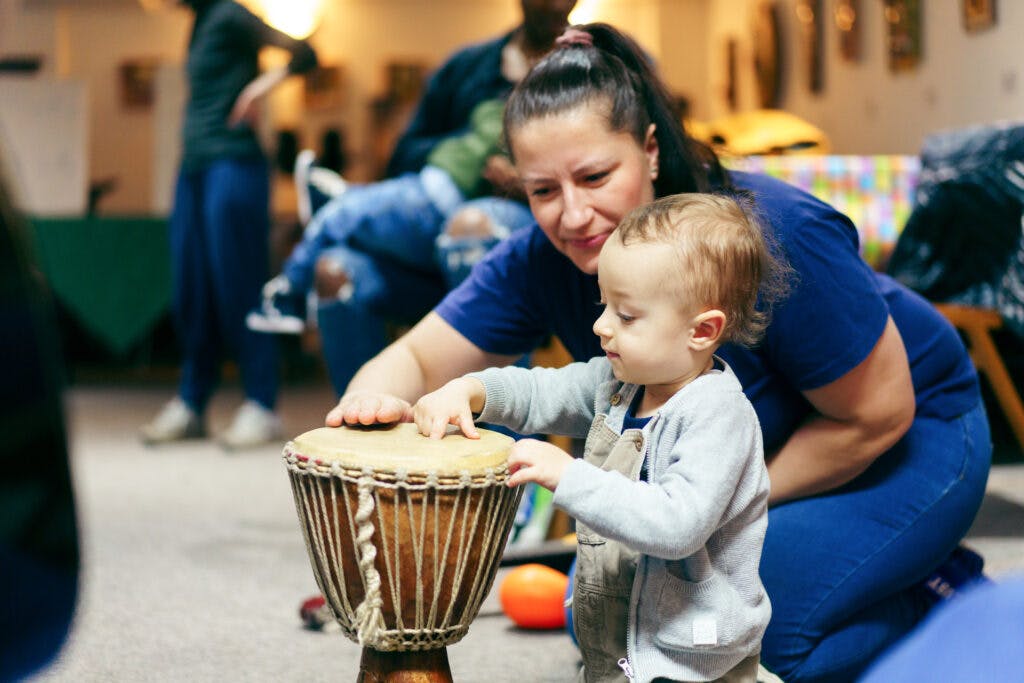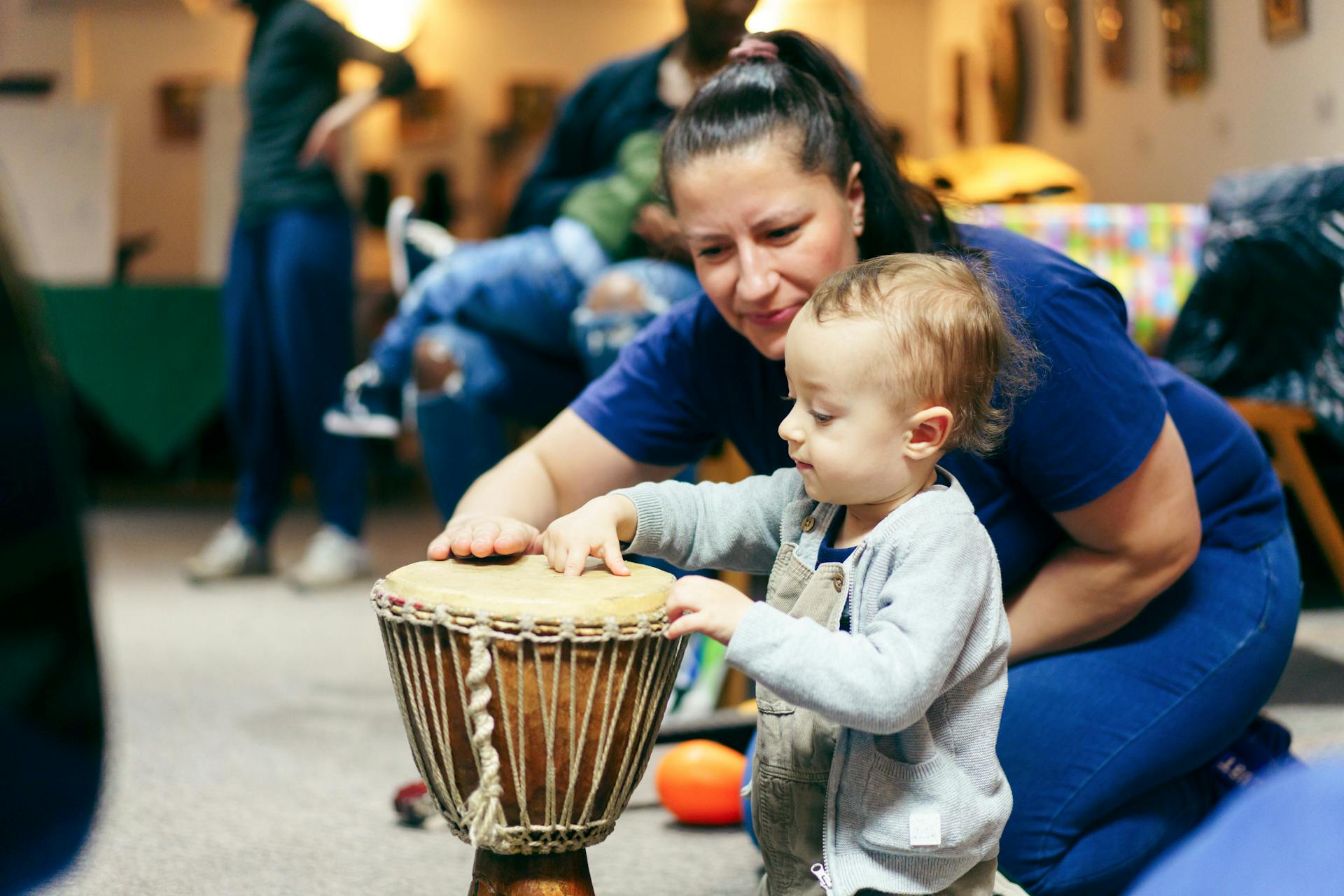An Evaluation of Lambeth Early Action Partnership: 10 years on
An Evaluation of Lambeth Early Action Partnership: 10 years on
LEAP’s impact on early childhood development in Lambeth by Dartington Service Design Lab

LEAP commissioned Dartington Service Design Lab to evaluate its programme between April 2021 and August 2024. The aim of the evaluation was to understand the extent to which LEAP contributed to improving the lives of children and families in the LEAP area, which children, under what circumstances and why.
This report is aimed at local and national policymakers and decision-makers involved in early childhood development and place-based systems change. The report offers lessons from LEAP’s experience to inform and improve future policy and practice in similar contexts.
Background
Early childhood significantly affects future wellbeing. Positive early experiences relate closely to better school performance, social skills, job prospects, income, and health. On the other hand, negative early experiences are closely associated with poverty, unemployment, homelessness, and poor mental and physical health.
Child development depends on the ways in which our brains and bodies adapt to the social and physical environments we grow up in. Children experiencing poverty and different forms of systemic oppression, including racism, are more likely to be exposed to toxic levels of stress and fewer opportunities.
Progress on child development in the UK has stalled. Infant mortality is 30% higher than the average rate in Europe, and it is rising, along with rates of childhood obesity. These changes have not been felt equally. Children from racially minoritised backgrounds and those growing up in deprivation are experiencing poorer health. Black women are nearly three times as likely to die in pregnancy and childbirth than White women.
Three areas of early childhood development are particularly important:
- Communication and language development
- Social and emotional development
- Physical development, including diet and nutrition
LEAP focused on all three core strands. It was one of five local partnerships that formed A Better Start (ABS), a ten-year (2015-2025) programme funded by The National Lottery Community Fund. The programme aimed to improve the life chances of babies, very young children, and families in some of Lambeth’s most economically deprived areas, spanning from Stockwell to Myatt’s Field, North Brixton, and Tulse Hill.
LEAP integrated existing, evidence-based services with newly developed ones, leveraging the latest science and local innovations to offer comprehensive early years support. Hosted by the National Children’s Bureau charity (NCB), LEAP funded 31 services, built connections between families, community organisations and services, and advocated for the importance of the early years in policy and practice.
The LEAP Core Team was made up of public health professionals, evaluators, researchers, data specialists, programme managers and a community engagement and communications teams.
A snapshot of LEAP’s impact
- LEAP improved outcomes for children, parents and carers
- LEAP served 4,451 children in the LEAP area (roughly two-thirds of all children under five living there from 2015)
- Families from LEAP’s priority population were nearly three times more likely to engage with multiple LEAP services than families who were not
- Babies and children whose families engaged with relevant LEAP services were 40% more likely to have reached expected levels of overall development at two and a half
- Nationally, LEAP and ABS influenced the £301.75 million Family Hubs and Start for Life programme

Study the complete findings
Download the full evaluation